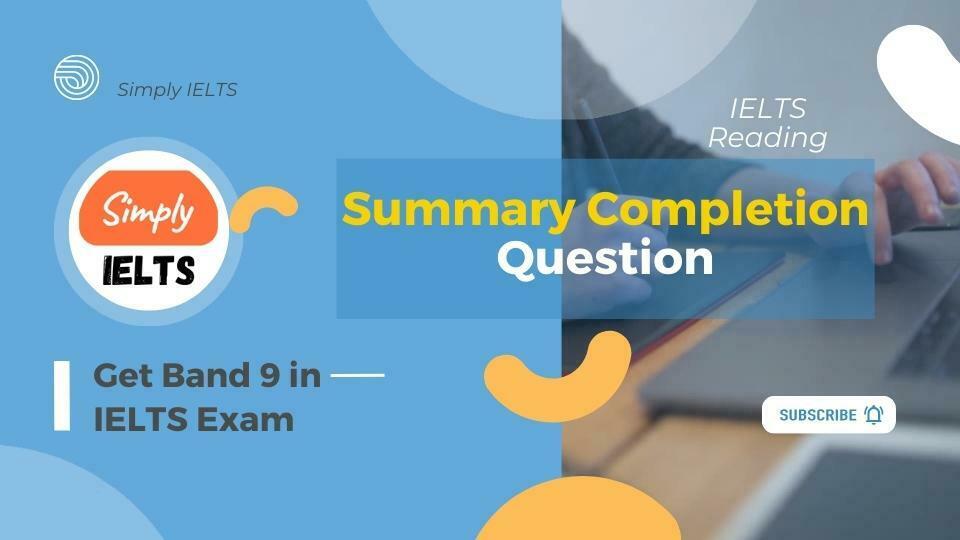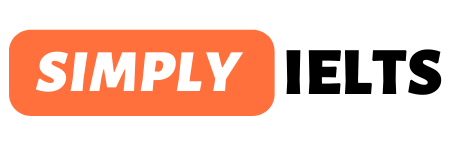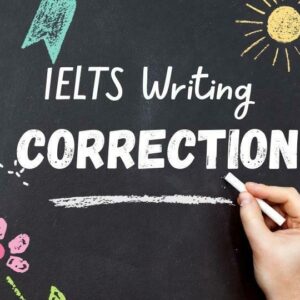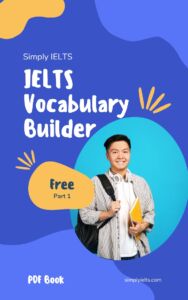Summary Completion question on IELTS Reading

In this lesson, you will learn how to answer summary completion question on IELTS Reading exam.
I love teaching summary completion. It has its traps, but for the most part, it is fun to do. This question type is one of those where, if you understand the writer’s intentions, you can get plenty of hints that allow you to get a perfect score.
If you pay proper attention to the question, you will not lose marks in this section.
To solve the summary completion question type on IELTS Reading, first, read the question to gain an understanding of the passage.
Then, search for sentences with similar meaning in the passage to determining the answer. Lastly, eliminate irrelevant answers from the given answer choices.
It is important to note that the question summarizes the passage and therefore the answer might be hidden in paraphrased sentences.
Format of the Summary Completion question on IELTS Reading
In this question type, you will be given a summary of a reading passage. The summary will have blanks or missing information that you have to fill from the information in the passage given.
Most of the time, the question may be based on part of the passage rather than the whole.
How to solve summary completion on IELTS Reading?
To solve the summary completion question type, let us take a sample passage.
Of all mankind’s manifold creations, language must take pride of place. Other inventions – the wheel, agriculture, sliced bread – may have transformed our material existence, but the advent of language is what made us human. Compared to language, all other inventions pale in significance, since everything we have ever achieved depends on language and originates from it. Without language, we could never have embarked on our ascent to unparalleled power over all other animals, and even over nature itself.
Questions 1 – 2
Complete the summary using the list of words, A-G, below.
Write the correct letter, A-D in boxes 1-2 on your answer sheet
The wheel is one invention that has had a major impact on 1 ………… aspects of life, but no impact has been as 2 ………… as that of language.
A. difficult
B. material
C. original
D. fundamental
Solving first Summary Completion question
To start, we read the question first to understand what the passage is about. The first question says ‘The wheel is one invention that has had a major impact on 1 ………… aspects of life’ Here the writer wants us to find out what type of aspects of life that the wheel has a major impact on. We then identify the clue- ‘aspects of life’. We then scan through the paragraph for the clue to discover the sentence which might lead us to the final answer we find the following line ‘Other inventions – the wheel, agriculture, sliced bread – may have transformed our material existence’ This line indicates that the wheel, as well as other creations, have transformed our material existence. Therefore, we can safely say that the answer to the first question is ‘B Material’.
Another example of Summary Completion
The next question states ‘but no impact has been as 2 ………… as that of language.’ From this sentence, we understand that the writer is asking us to identify the type of impact that language has. The clue here is ‘impact’. Using this question, we scan the passage to find what sentence might hold the answer. We come across this sentence ‘Of all mankind’s manifold creations, language must take pride of place. Other inventions – the wheel, agriculture, sliced bread – may have transformed our material existence, but the advent of language is what made us human.’ From these lines as well as the answer choices, we can state that the answer is ‘D Fundamental.’ This is because the above line from the passage indicates that the impact that language has on humans is fundamental.
Purpose of Summary Completion on IELTS Reading
This question type tests your ability to understand the details of a section of a passage. It also tests your ability to comprehend the main ideas of the passage. To achieve this, the information containing the final answer is hidden in sentences that are paraphrased. Additionally, the fact that there are more answer choices than there are questions makes it attempting this question more difficult.





Responses